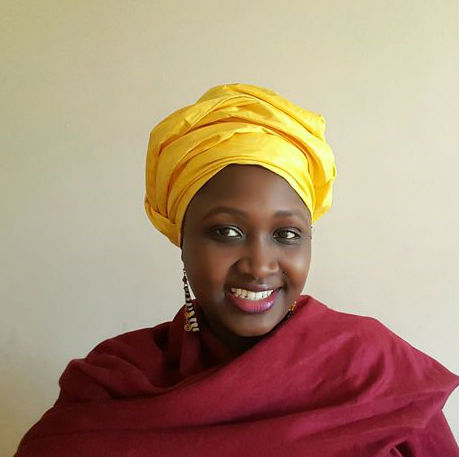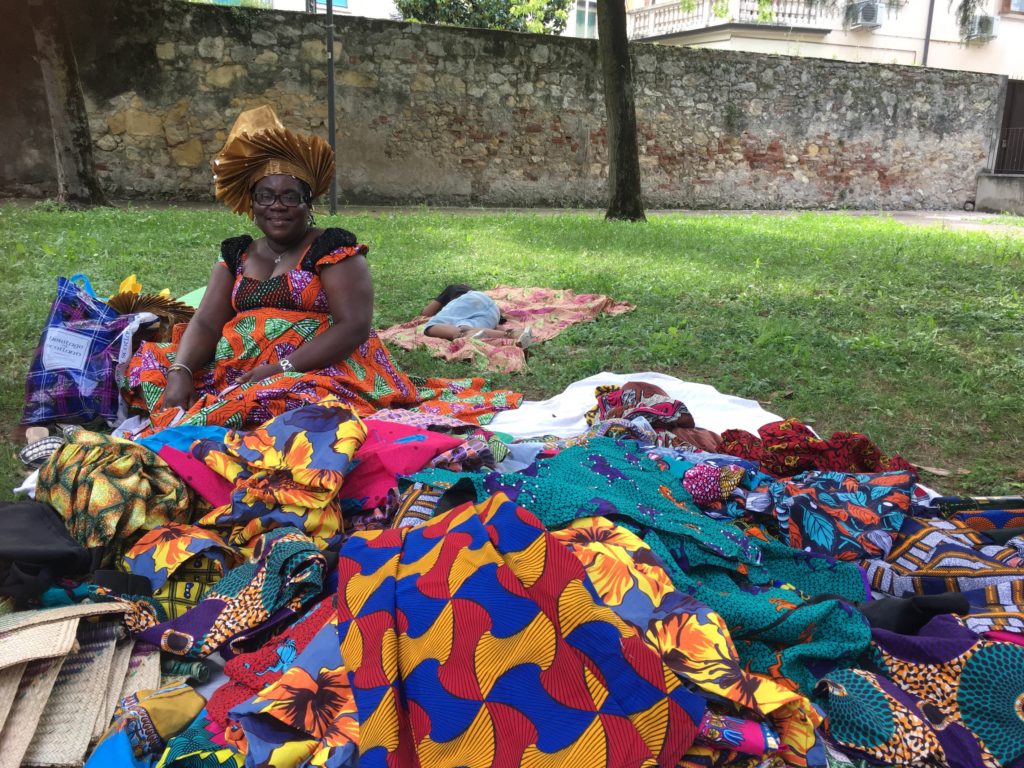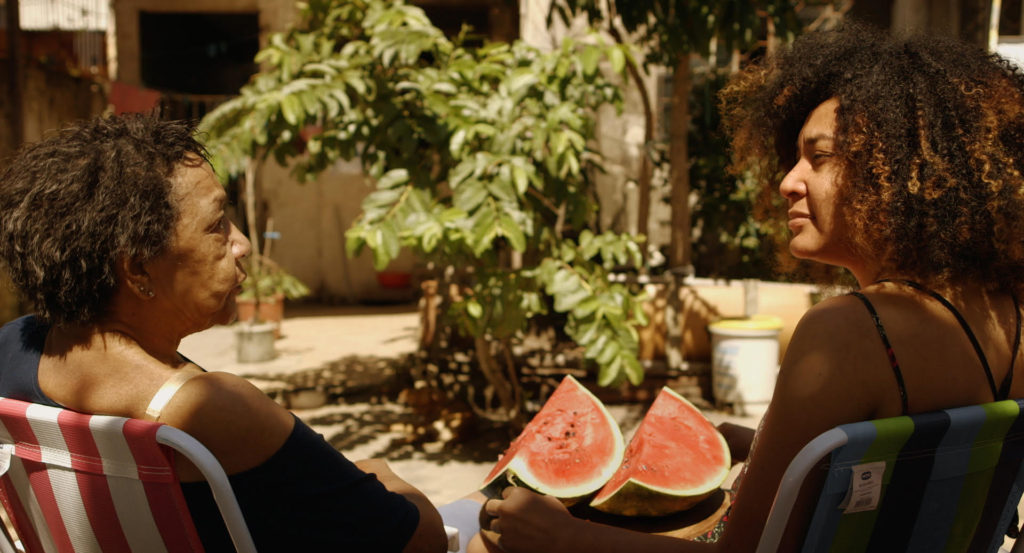The Equal Media and Culture Centre (EMCC) is a dedicated space for advancing equality across the country’s media and creative sectors. As a research, monitoring, and advocacy hub, EMCC is committed to addressing gender imbalances in these fields.
Written by Juliana da Penha
The initiative emerged from a call for more inclusive representation in Scotland’s media. In 2018, the Royal Society of Edinburgh supported the “Tackling Inequalities in Scotland’s News Media” program, convening a coalition of academics, journalists, and advocacy groups, including Strathclyde University and Engender. This collaboration led to the formation of Gender Equal Media Scotland (GEMS), which has since served as a foundation for ongoing efforts in media equality.
In response to recommendations from the National Advisory Council for Women and Girls, Engender led the development of a framework for a Women in Media Body, setting the stage for the EMCC’s official launch in September 2023. Working alongside academics, journalists, and women’s sector representatives, EMCC has set out to reshape Scotland’s media landscape through advocacy and policy influence.
At its core, EMCC takes an intersectional approach, recognising the combined impact of various forms of marginalisation, including race, class, disability, sexual orientation, and gender. This approach is reflected in their recent research initiatives examining how gender intersects with other aspects of identity within Scottish media.

“Although we’re still a relatively young centre, we have become a hub for research, monitoring and advocacy for equality in Scotland’s media and culture sectors. We’ve published reports on the gendered coverage of Scottish sports and the lack of diversity in the leadership of Scottish culture and media and collaborated with Pass the Mic and the University of Strathclyde on research into the representation of women of colour in Scottish media coverage of the general election”, EMCC explained to Migrant Women Press.
“We’ve responded to the Constitution, Europe, External Affairs and Culture Committee call for views on its pre-budget scrutiny, emphasising the importance of gender budgeting and acknowledging systemic gender disparity in the culture sector.”
The Centre is also instrumental in monitoring progress toward gender equality in media and culture, focusing on leadership representation, diverse portrayals of women, and the reduction of harmful gender stereotypes.
“Although continuing to advance women’s representation in the media and cultural sectors is a long-term aim, and progress is seldom achieved overnight, we are passionate about continuing to advocate for equality in the creative sectors, and we are working on new projects that we hope will continue to positively impact women’s representation in the future”, EMCC explained.
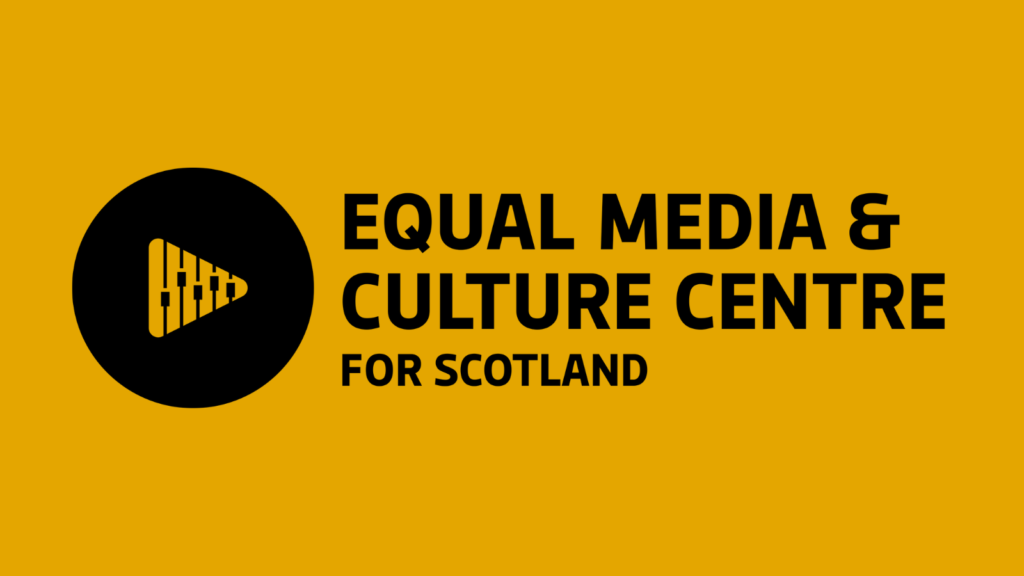
EMCC aims to promote equity within Scotland’s media and cultural sectors by building partnerships and using research to advocate for diversity. Acting as a “critical friend” to institutions, it holds them accountable for gender-inequitable practices while supporting inclusive change. By providing data-driven insights, training opportunities, and platforms for dialogue through events and publications, the Centre drives conversations and actions toward a more inclusive Scottish media and cultural landscape.
Among their collaborative efforts, EMCC has partnered with Migrant Women Press for the “16 Days of Activism Against Gender-Based Violence” campaign, highlighting the specific challenges faced by migrant and ethnically diverse victims/survivors.“At EMCC, our mission is to improve the representation of women in media, and we know that Migrant Women Press share our mission as an intersectional feminist publication. Migrant and ethnically diverse women are underrepresented in the Scottish media landscape, and therefore, Migrant Women’s Press giving 16 migrant and ethnically diverse women opportunities to write stories, conduct investigative journalism and amplify underrepresented voices is vital work that excited us here at EMCC”, explained the organisation.
“We were impressed with the training that Migrant Women’s Press wanted to deliver as part of this campaign, as we know that mainstream media reporting on gender-based violence is often not sensitive, appropriate or thorough. There are multiple levels to why this project is important for Scotland’s media sector, and we’re delighted to be supporting and a platform for this project.”
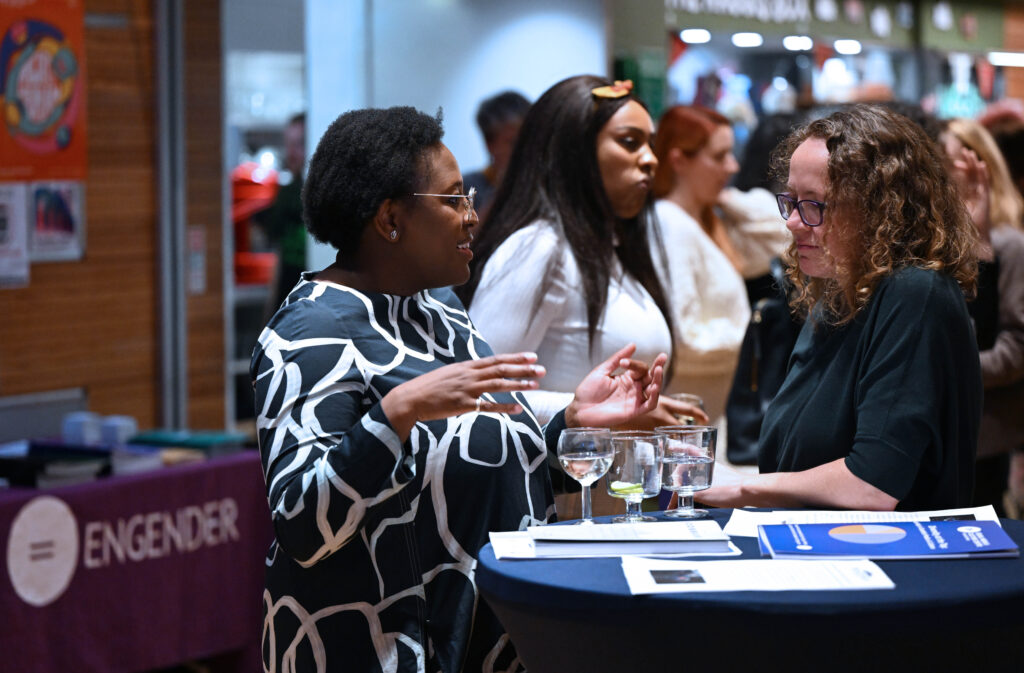
Funded by the Scottish Government and housed within the feminist charity Engender, EMCC is a new hub which champions greater diversity of women, and a major change in power dynamics across Scottish media, arts, culture, and sports sectors. EMCC launched at the Scottish Storytelling Centre, Edinburgh, at a celebratory evening full of quickfire feminist talks, creative performances, and an address from Christina McKelvie, Minister for Culture, Europe and International Development. Hosted by Suzie Mwanza and Shirley Mcpherson, the creators of Black Scot Pod, a podcast which amplifies Black Scottish voices who are often excluded from mainstream media, the launch also featured creative performances by cellist Simone Seales and rapper Bee Asha of Spit It Out. Neil Hanna www.neilhannaphotography.co.uk 07702 246823that champions greater diversity of women
More research projects are in progress. EMCC will soon publish findings on the representation of women of colour in the Scottish media during the 2024 UK General Election in collaboration with Pass the Mic and Strathclyde University. Preliminary data reveals that, of over 2,000 election news stories, only 1.5% featured women of colour—a decline from similar findings in 2021.
“It’s a reminder of why projects like Migrant Women Press are so important”, they said.
Another upcoming report will focus on Equality, Diversity, and Inclusion (EDI) schemes within Scotland’s creative sectors, capturing insights from workers on when EDI initiatives succeed and where they fall short. “We hope to build on this work in 2025, and to continue to work with creative organisations, to challenge and encourage them to do more for their minioritised workers,” EMCC explained.
EMCC welcomes collaboration with organisations and professionals in the creative industries to address issues of intersectional gender equality and is continually seeking projects to support this area.
Learn more about about EMCC here.
If you or someone you know is in immediate danger or in need of urgent protection, call the police on 999.
For more info on where to find help, click here.

